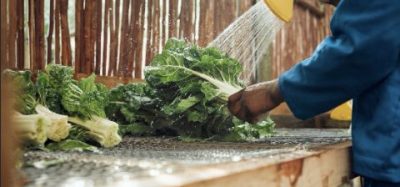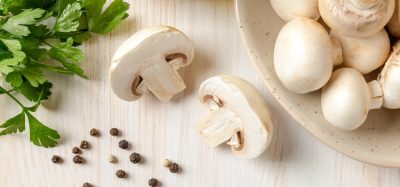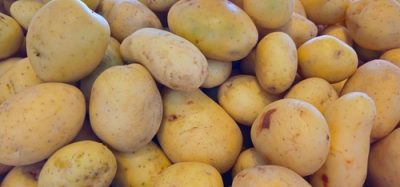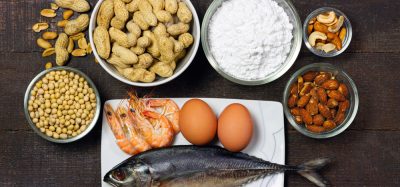National warning issued in Australia after salmonellosis outbreaks
- Like
- Digg
- Del
- Tumblr
- VKontakte
- Buffer
- Love This
- Odnoklassniki
- Meneame
- Blogger
- Amazon
- Yahoo Mail
- Gmail
- AOL
- Newsvine
- HackerNews
- Evernote
- MySpace
- Mail.ru
- Viadeo
- Line
- Comments
- Yummly
- SMS
- Viber
- Telegram
- Subscribe
- Skype
- Facebook Messenger
- Kakao
- LiveJournal
- Yammer
- Edgar
- Fintel
- Mix
- Instapaper
- Copy Link
Posted: 9 July 2020 | Sam Mehmet (New Food) | No comments yet
The Food Safety Information Council (FSIC) has warned people about owning and handling chickens after salmonellosis outbreaks have led to hospitalisations across Australia.
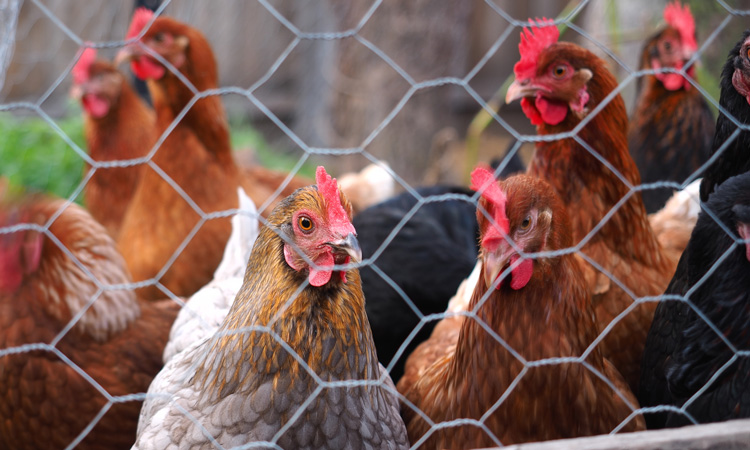

The Food Safety Information Council (FSIC), a health promotion and food safety charity in Australia, has issued a national warning to people with chickens to always wash their hands after handling the chickens or their eggs following salmonellosis outbreaks in Victoria and Queensland.
Salmonellosis is an infection caused by bacteria of the Salmonella type. The most common symptoms are diarrhoea, fever, abdominal cramps and vomiting, and symptoms typically occur between 12 hours and 36 hours after exposure, and can last up to seven days.
Council Chair, Cathy Moir, said that a recent salmonellosis outbreak in Queensland affected 17 people including 13 children under 11 years, five of whom were hospitalised. In Victoria, there were also nine cases of the rarer Salmonella Enteriditis, five of which were linked to newly purchased chicks.
“There have been recent reports of increased sales of backyard chickens and chicks during the COVID-19 lockdown. It’s great to have fresh eggs and for your kids to learn about where their food comes from but backyard chooks and ducks can be a source of Salmonella infections which can cause serious illnesses and, in some people, can lead to chronic conditions such as Reiter’s Syndrome or reactive arthritis.
“When purchasing pet chickens you should look for vaccinated birds from a reputable commercial source and keep them healthy with medications for parasites including roundworms and tapeworms. Also, if your chickens look unwell check with a vet.”
FSIC issued tips on how to avoid infections from chickens and their eggs:
- Keep the nesting materials and litter clean and dry and change it regularly
- Gather eggs from their nesting places daily to make sure they are fresh. Label them with the date and store in the fridge in a clean, covered container away from other ready to eat foods
- Carefully check eggs for any cracks, wipe off any visible dirt with a dry cloth or paper towel but do not wash the eggs in water – this can transfer the contamination into the egg contents
- Always remember to wash your hands with soap and water and dry thoroughly after handling your chickens and their eggs. If children and grandchildren have been helping, be sure they wash their hands too. The bacteria can live inside poultry enclosures so wash hands even if you do not touch the birds
- Do not let children snuggle or kiss the birds, touch their mouth, or eat or drink around chickens and do not allow chickens inside the house
- Do not keep or store chicken food or storage containers in or near kitchens or other food preparation areas
- Do not wash the chickens’ food and water bowls in sinks used for food preparation, washing kitchen utensils or for obtaining drinking water
- Do not use backyard eggs in egg dishes that will be served raw or only minimally cooked, as the shells are more likely to be contaminated with Salmonella than commercially washed eggs, which are washed under carefully controlled conditions.




